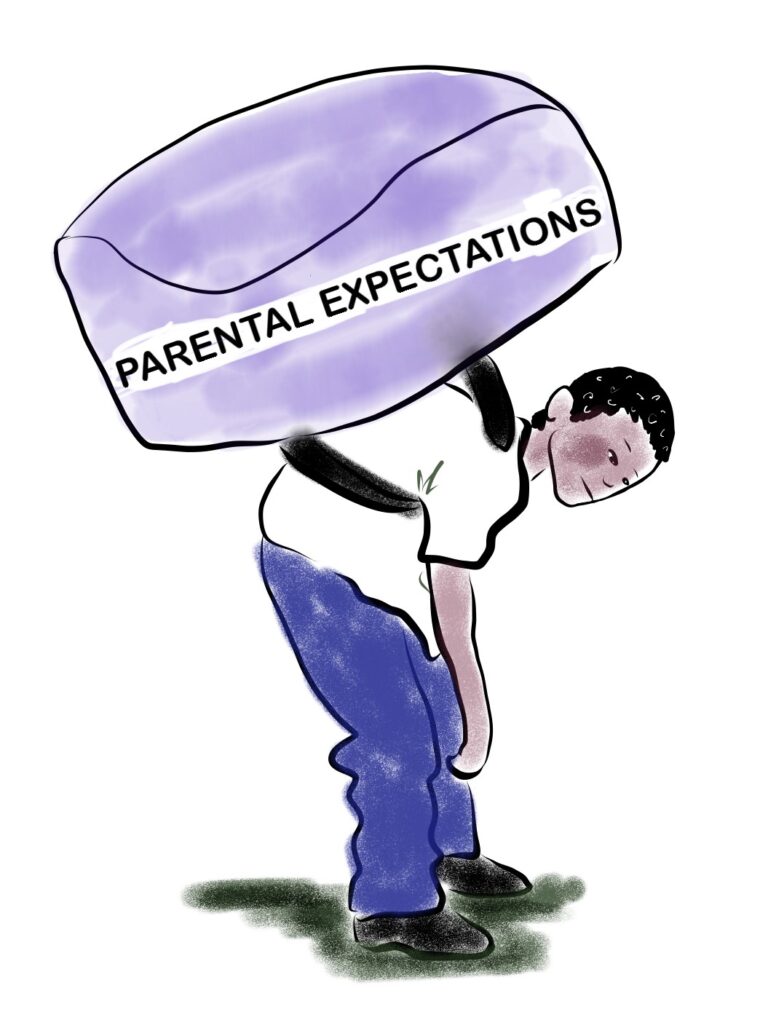
How Going Gluten-Free Transformed our Home
Hi, I’m Melissa, Beth asked me to explain how going gluten-free made a difference in our household. I have a

When my daughter was a baby, a friend gave me a calendar outlining the milestones a child is expected to reach each month during their first year. I couldn’t help but feel proud when my daughter pulled herself up early, yet a niggling worry crept into my mind when she didn’t do everything according to the calendar’s schedule. As a new parent, I was figuring out what to do, but thankfully I soon realised each child is unique.
If your child has dyslexia or another learning challenge, you need to be their advocate.
Taking a ‘wait-and-see’ approach may lead to your child not getting the help they need. They won’t grow out of dyslexia, and early intervention has been shown to make a difference in educational outcomes. However, even with support and interventions, your child may not be able to learn as quickly as you would hope.
Having realistic expectations of what progress your child will achieve at each age is essential. Being a pushy parent and blaming teachers for your child’s lack of progress will only make matters worse.
This week I went to a talk in Christchurch by Dr Sue Bagshaw on the teenage brain. When Sue put up a slide about how long it takes for myelination to occur in a child’s brain, it clicked with me why Harry, my sixteen-year-old son, continually forgets things and still cannot plan his time.
Teenage brains are works in progress. For example, adults use their prefrontal cortex when looking at faces, whereas children and teenagers can’t yet access that area of the brain and need to rely on their amygdala. This means teenagers think with their emotions.
When talking with teens, they often misinterpret emotions, and to them, you may seem angry when, in fact, you are just concerned. Sue recommended asking them what emotion they see on your face and then telling them how you feel. She also said before you offer any advice to a teen, acknowledge their feelings.
This could look like:
Brain development may continue until a person is thirty, and for children with neurological differences, such as dyslexia, maturity may take longer.
A few years ago, I went to a Parenting Place course which identified four types of parenting. I know that I flip between these styles, but I found the concepts helpful.
This year, Harry is playing football in a social league. Although he has been in higher leagues, he now plays for exercise and fun. What I love about this team is how the coach encourages each boy. Some lads are new to the game. Whenever they get the ball, they look terrified, and yet the coach never criticises a player. After each match, he points out what they did well and suggests a couple of things they can work on next time.
Seeing this outstanding coach in action reminded me of Nick Dawson’s article on praising and criticising children. Dawson said children are searching for identity, and they all want attention and hate being ignored. Young kids take criticism as rejection. Children need much more encouragement than criticism. A regularly criticised youngster may adopt the role of being a ‘naughty child’ and then look for opportunities to be naughty.
Even teenagers find it difficult to accept criticism and often reject the person who criticises them. Public criticism is particularly damaging to teenagers. Dawson recommends you avoid negative criticism.
A child with dyslexia or other learning challenges requires a lot of parental support, but when does this drift into parental pressure? When Harry was eleven, I employed a tutor for him one hour a week to develop his writing. This woman told me she never worked with younger boys because they made more progress after they turned eleven. A quick Google search threw up this article on the developmental milestones occurring at that age, and sure enough, it says handwriting usually improves at this time.
Relentless pressure towards achievement is standard for children who need extra help with reading and writing, so make sure you balance out study time with plenty of fun interactions which have nothing to do with schoolwork or performance.
In an article in The Guardian, brain scientist and molecular biologist John Medina says,
“Making learning and playtime stressful is counterproductive. The more stress hormones swarm children’s brains, the less likely they are to succeed intellectually.”
Childhood is not a race. Unfortunately, educational systems can pressure parents into thinking children must keep up with their peers. If your child seriously struggles in school, you may like to read this home-school article.
With Harry, I need to remind myself regularly that raising a happy, secure young adult is my goal, not his academic achievements. He has always done things at his own pace. So perhaps it’s time for me to step back and smell the roses. I need to enjoy being with him while he is still at home.
Speechify is an app that can help dyslexic children as it reads online text. Here is my affiliate link.

Hi, I’m Beth. Seven years ago, when I discovered my son had dyslexia, I had a ‘light-bulb’ moment and understood this explained many of my own difficulties. Ever since, I’ve been on a mission to discover the best ways to wrestle what I like to call the dyslexia octopus.

Hi, I’m Melissa, Beth asked me to explain how going gluten-free made a difference in our household. I have a

I need nighttime anxiety relief. It’s 4 AM, and I’m reviewing what happened to Harry at school yesterday and wondering
One Response
Amazing I would love to print a hard copy. I have 2 children and I need to step back smell the roses 🌹